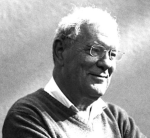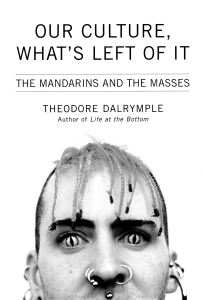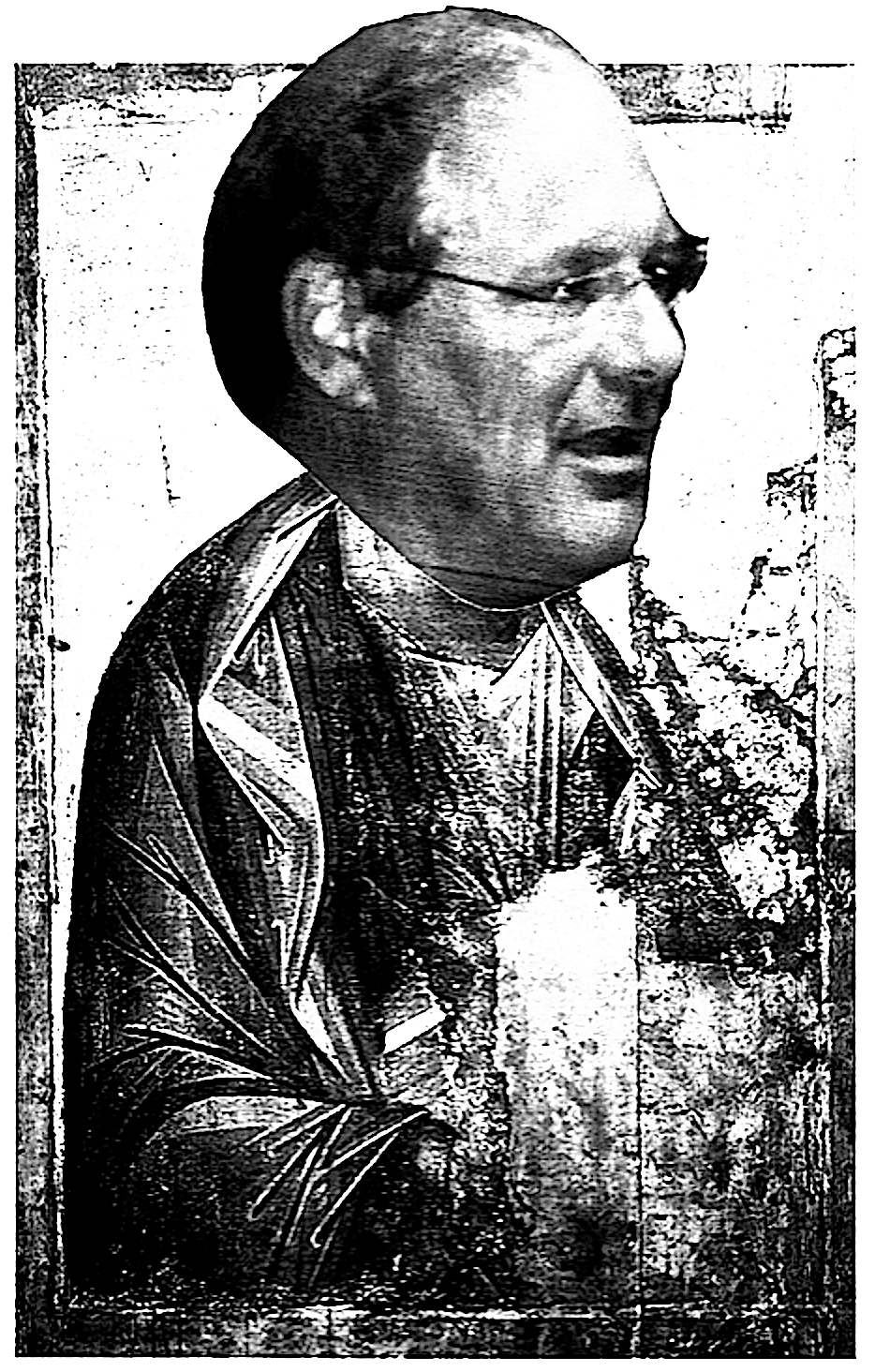 The UK’s state health service is, to put it most kindly, mediocre by comparison with that of other countries at a similar level of economic development. Yet the British prime minister has described it as the nation’s ‘greatest national asset’. Dalrymple notes that, in reinforcing NHS mythology, Boris Johnson appears to be
The UK’s state health service is, to put it most kindly, mediocre by comparison with that of other countries at a similar level of economic development. Yet the British prime minister has described it as the nation’s ‘greatest national asset’. Dalrymple notes that, in reinforcing NHS mythology, Boris Johnson appears to be
politically shrewd. One casts no doubt on the perfection of the Koran in Mecca.
The riddle, says Dalrymple, is why Britishers hold a service which has failed them in such affection. The question ought to be of interest to political scientists, but the answer is unlikely to please
those who believe in rationality,
for the affection
represents the triumph of rhetoric over reality.
There is an implied historiography in which
the pre-NHS era is akin to jahiliyyah, the time of ignorance before the advent of Mohammed.
The myth that there was no healthcare for most of the population before the NHS
has for decades been continuously and successfully insinuated into the minds of the population. It has been Britain’s pale imitation of totalitarian propaganda.
When retired doctors such as Dalrymple were asked to return to work,
it was to help the NHS. This was like asking a soldier to lay down his life for the sake of the Ministry of Defence.
It says something about the credulity of British people, he observes,
that the response to slogans like ‘protect the NHS’ was dull compliance rather than outraged demands as to why it was not protecting us.









